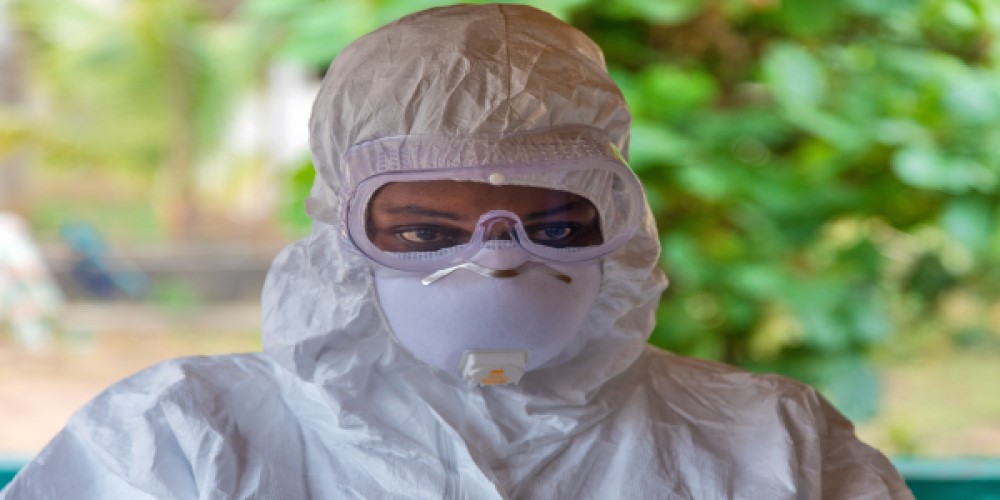By Adebola Olayinka (Guest Writer)
Recently, sitting at one of the workstations at the Nigeria Centre for Disease Control (NCDC), I was reviewing a document on my laptop and overheard someone exclaim, “Oh yes, you are still in isolation! I forgot”. This was from a staff who works with the data team. He was having a conversation with one of his colleagues on the phone. That prompted me to ask, “Is the guy you are talking to in isolation”? He answered “Yes, he tested positive. However he is still working from the ward and still supports data entry on SORMAS.” SORMAS is the surveillance and outbreak management and analysis system app used by the NCDC.
I was impressed. My mind flashed back to another colleague who got infected with the novel coronavirus and was also in isolation a few weeks ago. He was still supervising the infection, prevention and control process within his isolation ward. There are many health workers — doctors, nurses, public health officers, data officers, laboratory staff, drivers; who tested positive during this pandemic, with mild symptoms and continue to work from their beds within isolation wards. Many of them got infected in the line of duty but continue to work to stem this COVID-19 pandemic.
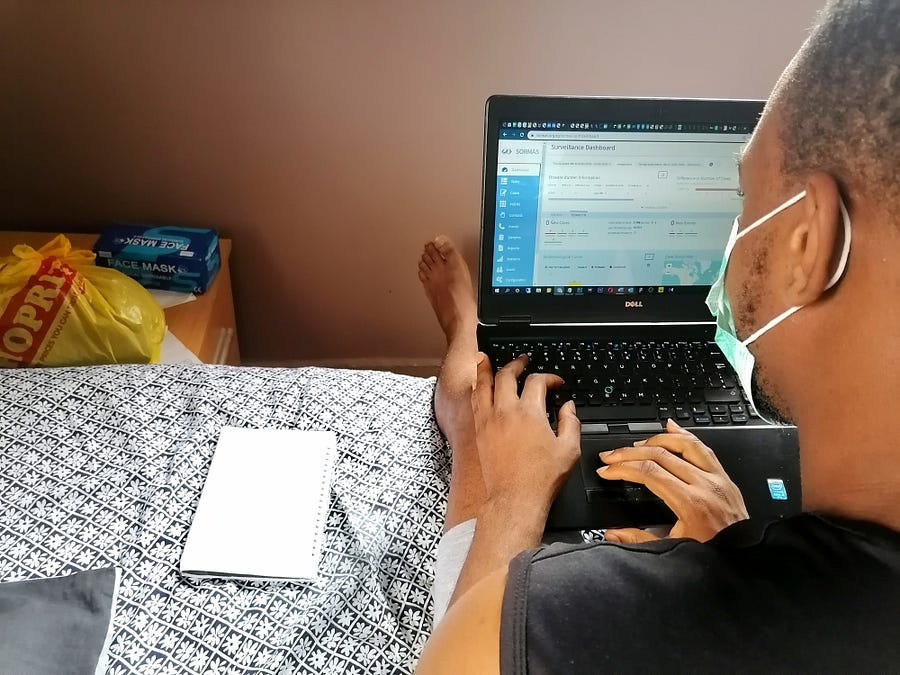
These are not the only heroes of the response. Others include Information Communication Technology (ICT) experts. Never have they been more critical in epidemic response. COVID-19 is a disease that prohibits close contact with others in meetings or gatherings. One of the main measures of control is increasing physical distance between people. This means that we are no longer able to have physical meetings where experts gather to brainstorm on issues and provide solutions. The ICT virtual meeting room is the new norm. So ICT teams lead planning and prompts to enable everyone work seamlessly.
Compliance with COVID-19 public health advisories is very integral to containing this pandemic. Law enforcement officers are the one who ensure that citizens adhere to different guidelines. These officers stand on our highways from morning till evening, come rain come shine. They work to enforce the laws laid down by government as interventions to curb the epidemic. The presence of these officers on our roads serves to make citizens comply with these measures.
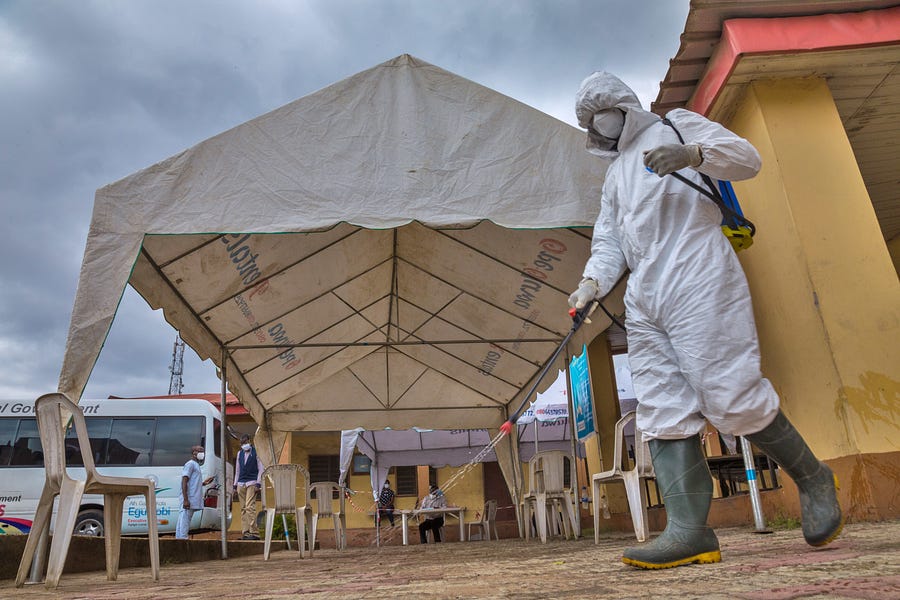
Responding to a pandemic of this magnitude means that human and other resources are moved from one place to another. The drivers are the ones who ensure that this movements are done and well-coordinated. The drivers convey responders, they wake up early to pick up officials, or pick up a contact tracing team or sample collection teams. They never have a closing time. Work for them ends only when “oga” or the teams are ready to go home. This is usually late at night. They are ready to travel with short notice, many times not knowing when the next meal is. Waiting in vehicles, sitting under trees, they wait endlessly while the bosses are having meetings and working; waiting for the next command. When the boss is tired and dozes off in the moving vehicle, they keep awake, maneuvering through traffic, to the next destination safely. They take care of our frontline responders.
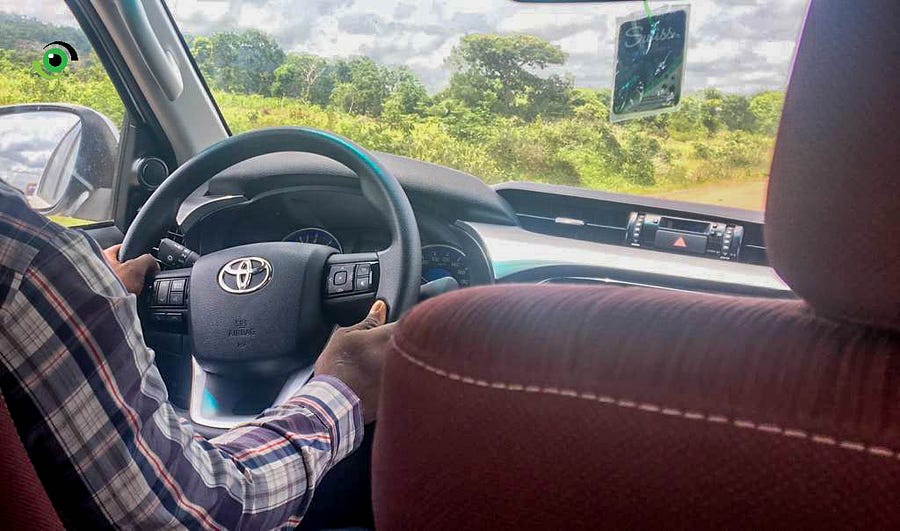
Our call centre teams are amazing. They sit through the night while we are all asleep, answering calls politely, professionally, and patiently, even when pranksters call at 2:00 am They realise that in the midst of these calls are likely to be genuine calls for help. It takes a lot to remain professional and calm while working to allay the fears of people who think they may be ill. Our call centre teams are also heroes.
There are other heroes who operate in the background and are hardly seen. You don’t see them and you don’t hear of them in the news. Yet I think they are the greatest heroes. These are the families of those at the frontline of the response: spouses, children, parents, siblings. While everyone is told to stay home and stay safe, and many families enjoy bonding moments as a result of the lockdown. Some of these heroes have not seen their loved ones for months as they are “locked up” in different locations responding to the epidemic. Some watch them leave the house early and return late and too tired to do anything. While some, even though they stay in the same town due to response activities do not see each other daily and so they have lived silently, enduring patiently for days, weeks, and even months. The end is not yet in sight, so they must continue to endure, hoping and praying silently. While they understand why they have to make such sacrifice, they are pained by the prolonged separation.
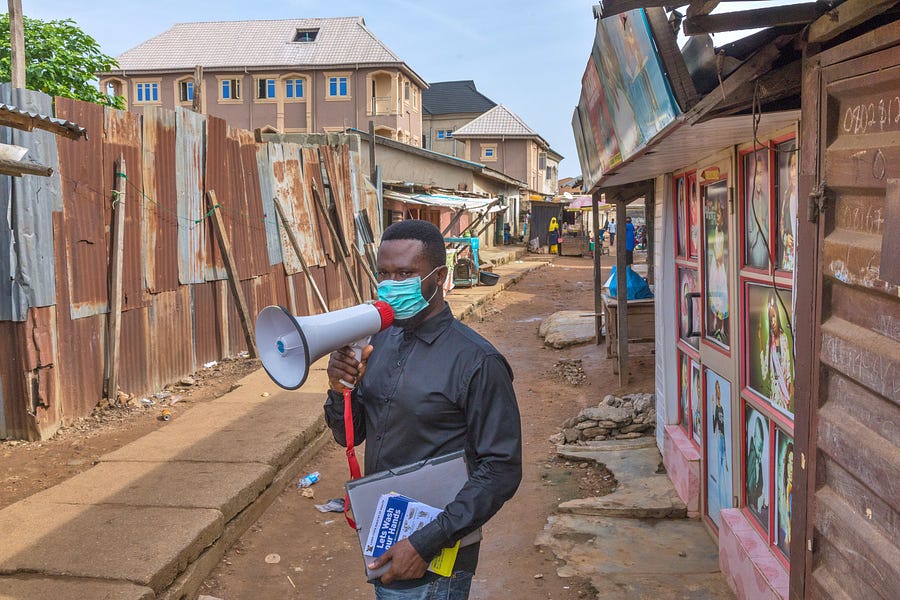
There are many heroes supporting the COVID-19 response in Nigeria. We must remember that in every part of our nation, people are paying a price to contain this pandemic. We must remember to honour our unsung heroes. They pay a price so we will be safe.
Who are your unsung heroes of the #COVID19 pandemic in Nigeria? Honour them by sharing with us on our social media platforms, @nighealthwatch on Twitter, and @nigeriahealthwatch on Facebook and Instagram. Use the hashtag #MyCOVID19NaijaStory
Author’s Bio: Adebola Olayinka is a professor of medical microbiology with a passion for infection prevention and control. She has participated in several outbreak responses including Ebola viral disease and COVID-19. She is on Twitter as @DrDebola, and on Instagram as @debolaolayinka.


